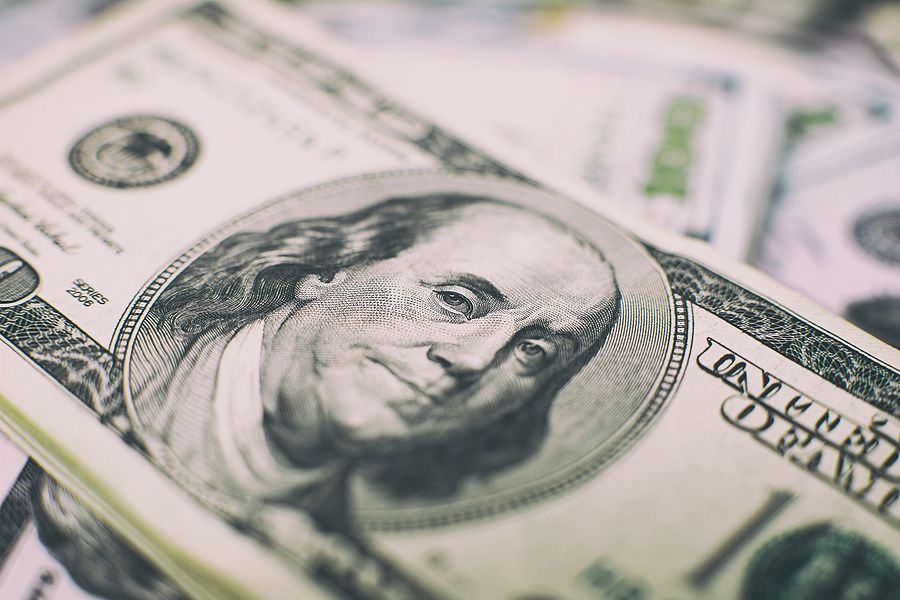Outdated Economic Measurements, Part Deux

If this is your first visit to my blog, welcome! My name is Christine Springer and I'm the founder of Desert Edge Legal Services, LLC and the creator of this blog. I am solely responsible for the content in this post. I am not a lawyer and I cannot give you legal advice. Please seek legal advice from a competent attorney for your individual situation.
I found it interesting that the New York Times just wrote an article about the measurements used for the economy in the United States.
The author of the article laments about how it's a strange time for the United States economy. For example, unemployment is still high and yet companies complain about not having enough workers. The two are difficult to reconcile in a simple sound bite in spite of Faux News talking points.
This quote from the article caught my eye:
"Most forecasters, including policymakers at the Federal Reserve, expect the confusion to be short-lived. They see what amounts to a temporary mismatch between supply and demand, brought on by the relatively swift ebbing of the pandemic: Consumers, flush with stimulus cash and ready to re-engage with the world after a year of lockdowns, are eager to spend, but some businesses lack the staff and supplies they need to serve them. Once companies have had a chance to bring on workers and restock shelves — and people have begun to catch up on long-delayed hair appointments and family vacations — economic data should begin to return to normal.
But no one knows for sure. It is possible that the pandemic changed the economy in ways that aren’t yet fully understood, or that short-term disruptions could have long-lasting ripple effects. (Emphasis mine)
The part about "consumers being flush with stimulus cash" is pretty laughable considering Americans received a total of $3,200 for the duration of the pandemic while Europeans received 75-85% of their employment wages every month.
I am sure there are people who were able to continue to work from home during the pandemic and are in a better financial position, but flush with stimulus cash? Didn't happen for average Americans.
Aside from that, however, the second paragraph above injects some doubt into what the Federal Reserve, policymakers and forecasters are projecting.
We are in uncharted territory and have been since the last recession around 2010 and we have no idea what to expect. They aren't going to tell us that, though.
I just wrote about about outdated economic indicators, here.